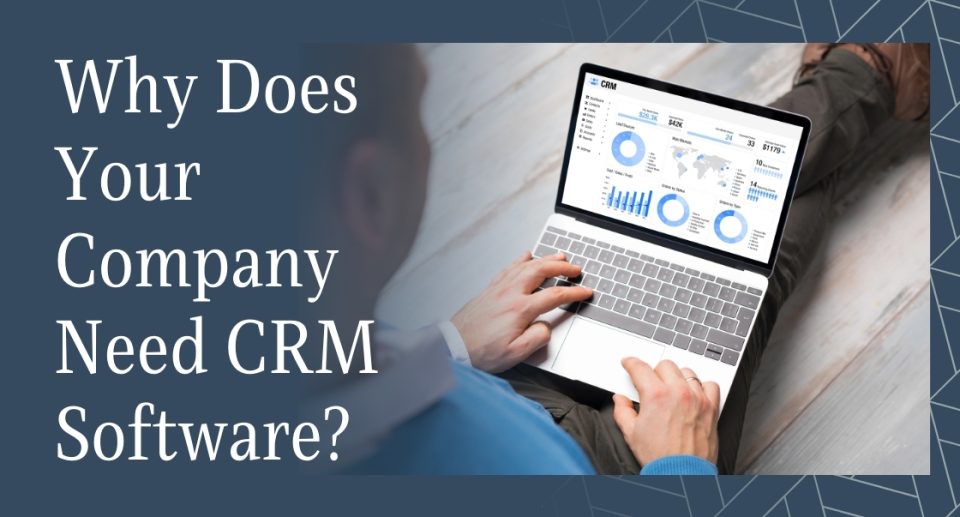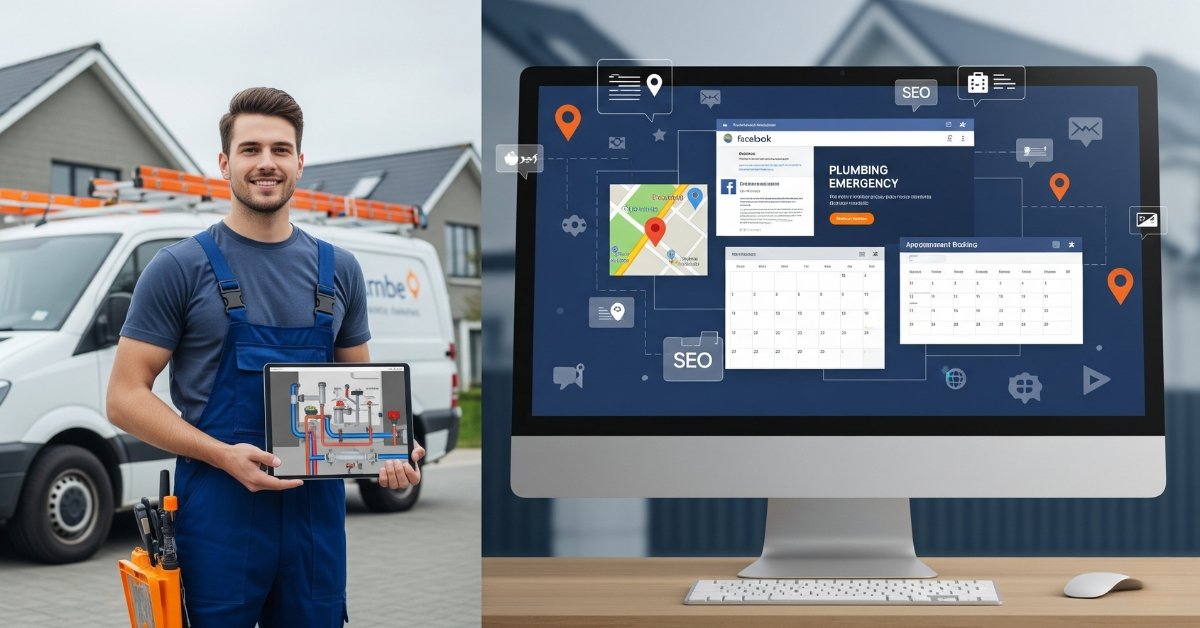In today’s competitive business environment, maintaining strong relationships with customers is crucial. Customer Relationship Management (CRM) software is a powerful tool that helps businesses manage their interactions with current and potential customers. This article explores the importance of CRM software and how it can significantly benefit your company.
What is CRM Software?
CRM software is a technology used to manage a company’s interactions with customers and potential customers. It helps businesses streamline processes, build customer relationships, increase sales, improve customer service, and increase profitability. There are various types of CRM software, including operational, analytical, and collaborative CRMs, each designed to meet different business needs.
Types of CRM Software
1. Operational CRM:
Focuses on automating customer-facing processes such as sales, marketing, and customer service. It helps streamline business operations and provides a comprehensive view of customer interactions. By managing these processes efficiently, operational CRM ensures that all customer-related activities are coordinated and aligned, leading to improved customer satisfaction and loyalty.
2. Analytical CRM:
Emphasizes data analysis to gain insights into customer behavior and preferences. It helps businesses make informed decisions by analyzing customer data. Analytical CRM aggregates and analyzes data from various touchpoints, such as sales, marketing, and customer service interactions.
3. Collaborative CRM:
Facilitates collaboration and communication between different departments of an organization. It ensures that all teams are on the same page and can work together effectively to enhance customer experiences. Collaborative CRM provides a centralized platform where employees from different departments, such as sales, marketing, and customer service, can share information,
Benefits of CRM Software
Enhanced Customer Relationships
CRM software allows businesses to personalize their interactions with customers. By having access to comprehensive customer data, companies can tailor their communications and offers, leading to improved customer satisfaction and loyalty. Personalization and better communication mean more satisfied customers, which translates to repeat business and referrals.
For example, CRM software can track a customer’s purchase history, preferences, and feedback, enabling companies to offer personalized recommendations and services. According to a study by Salesforce, businesses that use CRM software experience a 27% increase in customer retention.
Increased Sales and Revenue
With CRM software, businesses can streamline their sales processes, from lead generation to closing deals. The software helps sales teams track leads, manage customer interactions, and identify opportunities for upselling or cross-selling. This leads to increased sales efficiency and higher revenue.
A CRM system can provide sales teams with a clear overview of their sales pipeline, allowing them to prioritize leads and focus on high-potential opportunities. Additionally, automation features in CRM software can reduce the time spent on administrative tasks, enabling sales teams to focus on selling. According to HubSpot companies that use CRM software see a 29% increase in sales.
Improved Customer Retention
CRM systems help businesses keep their customers happy by providing excellent customer service. With a CRM, companies can track customer issues and preferences, ensuring that their needs are met promptly and effectively. Satisfied customers are more likely to stay loyal to your brand, reducing churn rates.
For instance, a CRM system can automatically log customer interactions and issue tickets for customer service representatives to address promptly. By resolving issues quickly and efficiently, businesses can improve customer satisfaction and loyalty. A report by Invesp found that improving customer retention by 5% can increase profits by 25-95%.
Data Management and Analysis
A significant advantage of CRM software is its ability to centralize customer data. This centralization makes it easier to manage and analyze data, providing valuable insights into customer behavior and preferences. Businesses can use these insights to make informed decisions and improve their strategies.
CRM software can generate detailed reports on various aspects of customer interactions, such as sales trends, customer feedback, and marketing campaign performance. These reports can help businesses identify areas for improvement and develop data-driven strategies to enhance customer experiences and drive growth.
Choosing the Right CRM Software
Scalability and Customization
When selecting a CRM, it’s essential to choose one that can grow with your business and be customized to meet your specific needs. Scalable and customizable CRM solutions ensure that you can adapt the software as your business evolves.
A scalable CRM system can accommodate an increasing number of users and handle larger volumes of data as your business grows. Customization options allow you to tailor the software to your unique business processes and requirements, ensuring that it meets your specific needs.
Integration with Existing Systems
A good CRM should seamlessly integrate with your existing systems, such as email, marketing automation tools, and e-commerce platforms. This integration ensures a smooth workflow and consistent data across all your business processes.
For instance, integrating your CRM with your email marketing platform allows you to send targeted campaigns based on customer data. Similarly, integrating with your e-commerce platform enables you to track customer purchases and tailor your marketing efforts accordingly. According to Gartner, integrating CRM software with other business systems can improve overall efficiency and data accuracy.
User-Friendly Interface
For a CRM to be effective, it must be user-friendly. An intuitive interface makes it easier for employees to adopt and use the software, ensuring that your investment in CRM yields the desired results.
A user-friendly CRM system should be easy to navigate, with clear menus and straightforward processes. Training and support resources should also be available to help employees get the most out of the software. According to a report by Capterra, ease of use is a critical factor for businesses when choosing a CRM system.
Conclusion
In conclusion, implementing a reliable CRM software like Odoo CRM Software can revolutionize your company’s approach to customer management. With features designed to increase efficiency, enhance customer relationships, and centralize data, CRM software is a strategic investment for businesses of all sizes. By leveraging the power of CRM technology, your company can optimize sales processes, personalize customer interactions, and drive long-term growth.





